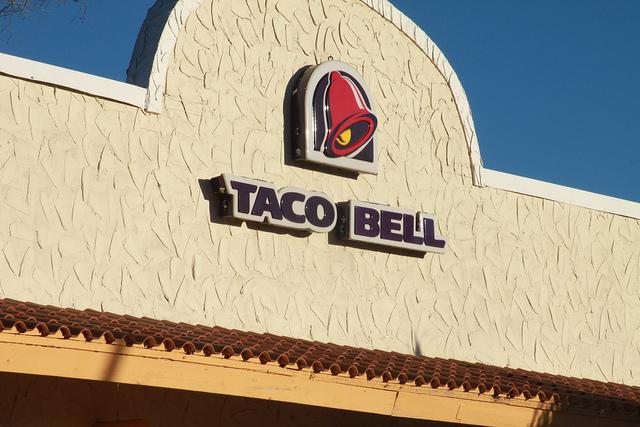Students, law firm have ‘beef’ with Taco Bell

Taco Bell is on the defensive after Beasley Allen, a personal injury law firm in Orlando, Florida, filed a lawsuit against them claiming that their beef products contain only 36 percent beef and does not meet USDA requirements.
These claims were made on behalf of California resident Amanda Obney. Taco Bell advertisements use the term “beef,” but Obney wants a court order to require the advertisements to use the words “taco meat filling.”
“This product does not qualify to be considered ‘ground beef’ and many of the ‘seasoning’ ingredients are in fact binders, fillers and coloring,” Dee Miles, an attorney with the Beasley Allen law firm, said.
The USDA categorizes ground beef and taco filling as two different products that have specific regulations. According to the USDA website, “Ground beef can have seasonings, but no water, phosphates, extenders, or binders added,” and “a maximum of 30 percent fat is allowed.”
USDA’s labeling policy book states that taco filling must contain a minimum of 40 percent beef.
The Taco Bell Corporation has denied the claims and even went as far as to say “thank you for suing us” in an advertisement running in some large scale newspapers such as USA Today. Taco Bell has also dedicated a page of their website to denying these claims by posting a YouTube video and statements from corporation president and chief concept officer Greg Creed. The page also includes a link to a list of product ingredients for customers to view.
“Our seasoned beef recipe contains 88 percent quality USDA-inspected beef and 12 percent seasonings, spices, water and other ingredients that provide taste, texture and moisture,” Creed said in a statement released on Taco Bell’s website. “The lawyers got their facts wrong. We take this attack on our quality very seriously and plan to take legal action against them for making false statements about our products.”
Taco Bell executives have yet to make any decisions on the matter of legal action, but with or without it, the corporation is continuing a strong advertising campaign in defense against the lawsuit. There is much more to the case and you could try here to find the information about their lawyers and legal course of action. As of now, we know that Taco Bell is taking this accusation very seriously and is expected to come back with a befitting reply.
On Feb. 8, Taco Bell announced a new promotion in which they would give away ten million coupons for free tacos to those who “like” their Facebook page. The coupon allows each person one free crunchy seasoned beef taco.
“[The promotion] kind of sounds like a bribe,” WTAMU student, Amanda Ebell, said.
West Texas A&M students share differing opinions on how the matter affects their eating habits and whether or not Taco Bell needs to change their advertising.
“I know most of the Taco Bells west of Mississippi [are] supplied by a local beef packing plant so all their ground beef is real beef,” WT student and Taco Bell customer Tara Butler, said.
Butler believes it is possible this could be an isolated incident if Taco Bells across the United States use different distributors, and finds it unnecessary to change the advertising.
However, not all students agree that Taco Bell can continue with its advertising without making changes.
“Until I know what’s in the beef, I’m probably not going to be eating there,” Ebell said. “If they are going to say it’s beef, then it needs to be beef.”








